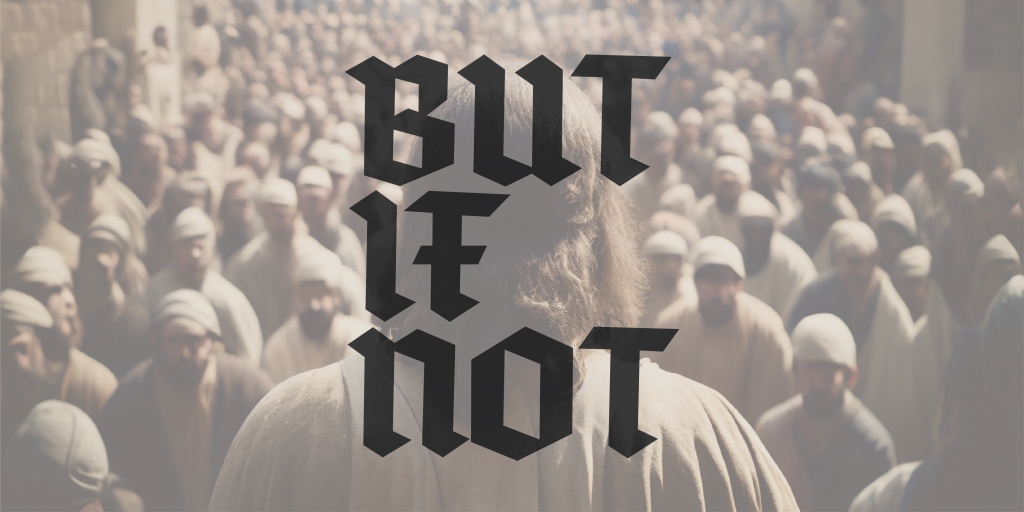
The resolute response of Shadrach, Meshach, and Abednego to King Nebuchadnezzar’s command to worship the golden statue is encapsulated in this verse: “But if not, be it known to you, O king, that we will not serve your gods, or worship the golden image which you have set up.” These words reflect their unyielding dedication to God, even at the risk of their lives. This narrative highlights the importance of standing firm in one’s faith and refusing to compromise, regardless of cultural pressures.
"But if not, be it known to you, O king, that we will not serve your gods, or worship the golden image which you have set up."










2 Responses
Lauren Cooley is truly an amazing woman! I know her personally and feel BLESSED to be connected with her.
Thank you for the article!